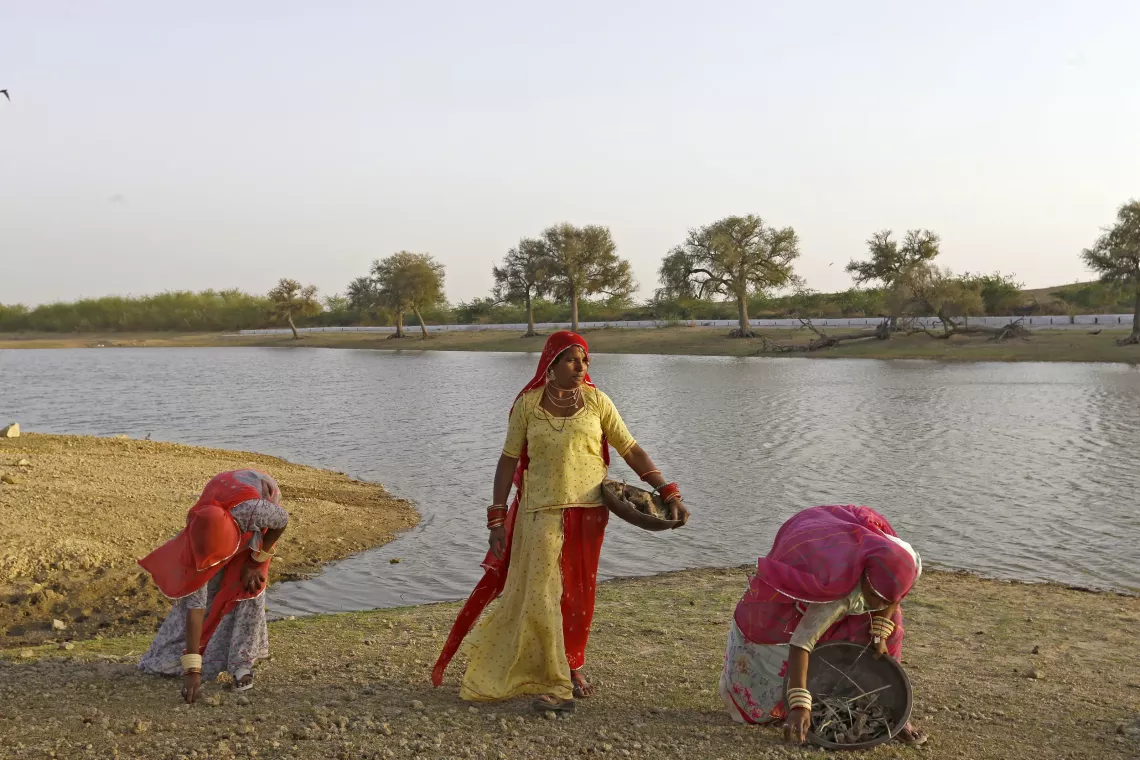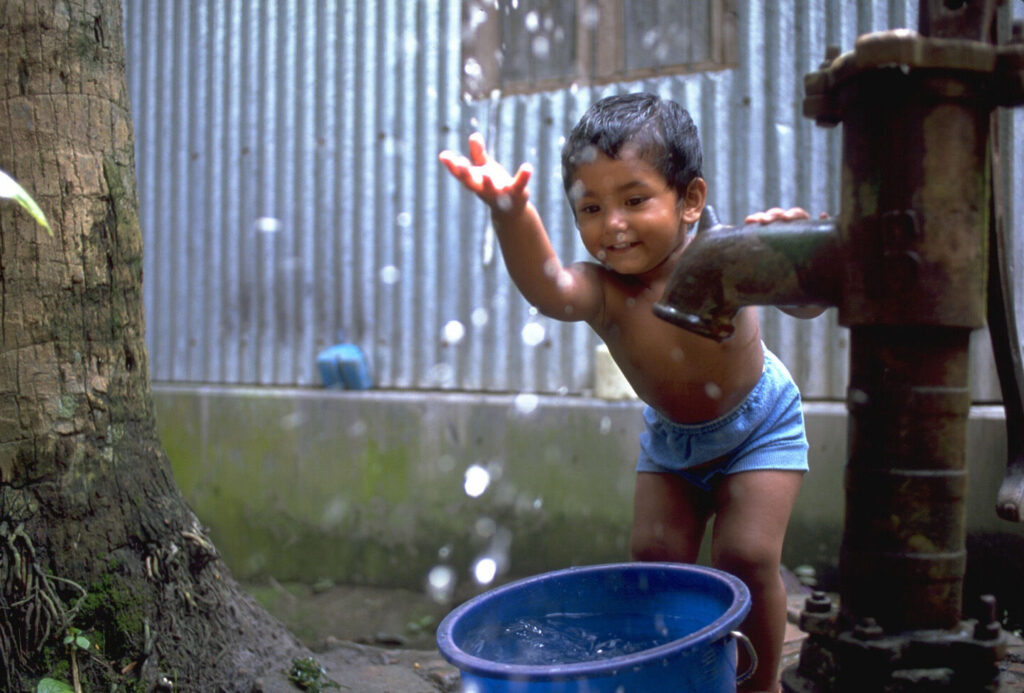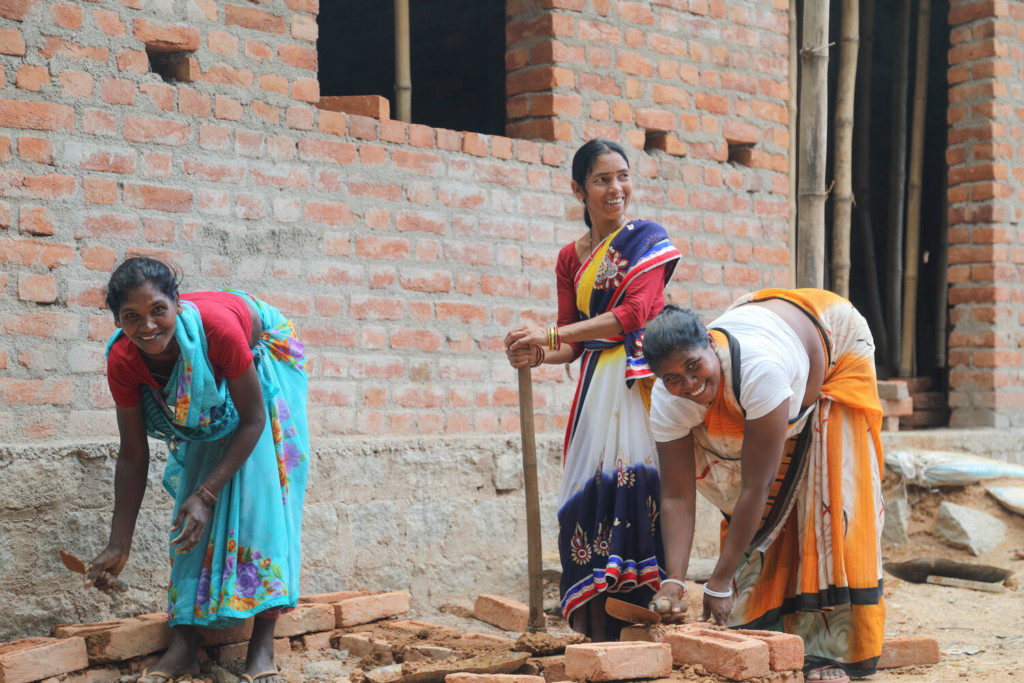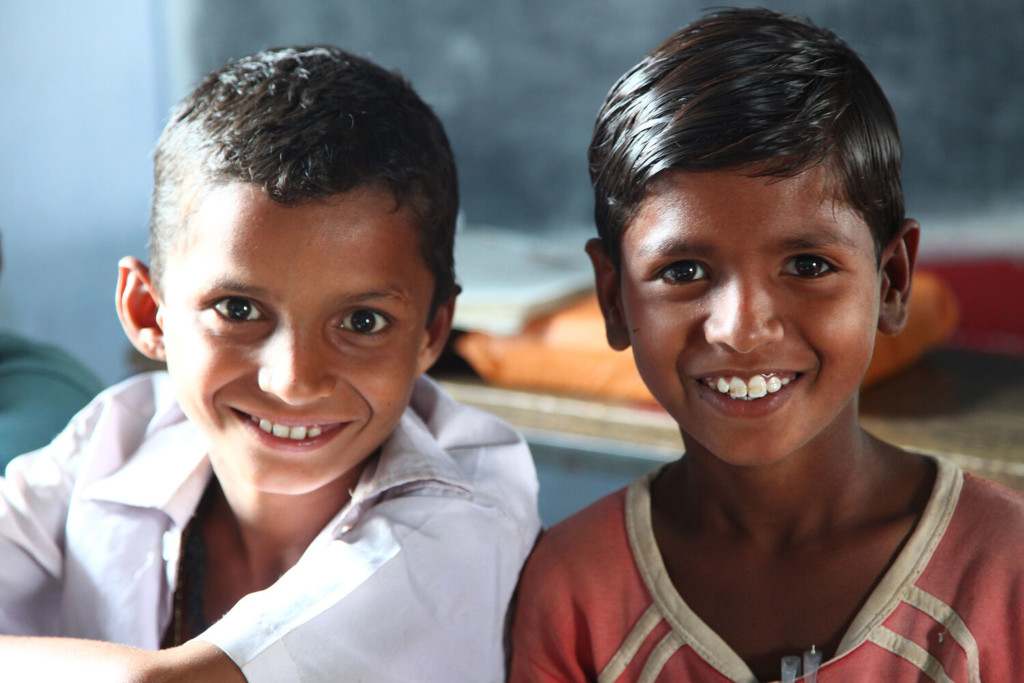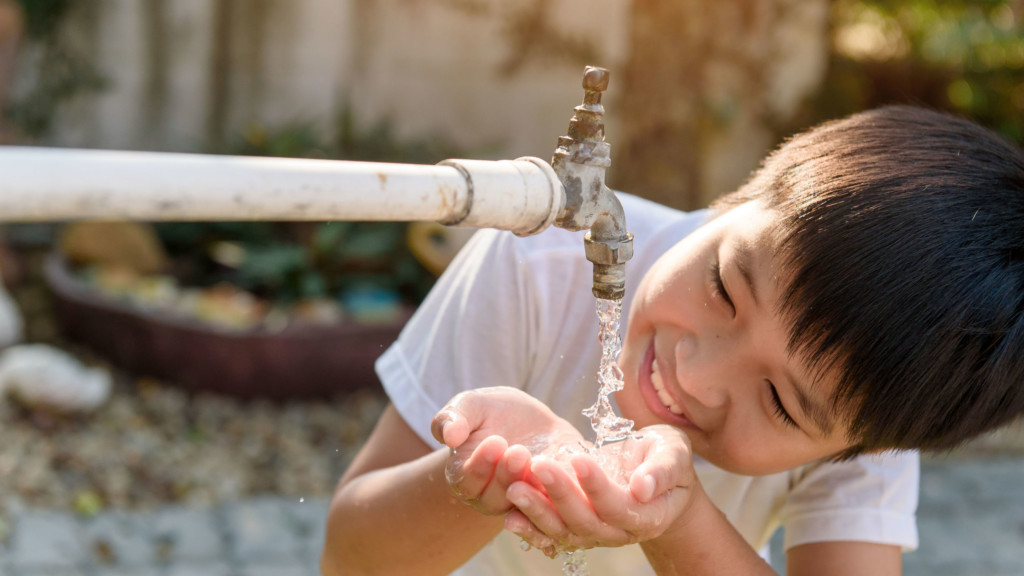
Champions of change in the UNICEF WASH programme
Change begins with people. In 2024, local communities across India have shown how determination and cooperation can transform lives, supported by UNICEF’s WASH programme.
Transforming sanitation for a healthier future
The Swachh Bharat Mission has transformed life for nearly 500 million people in rural India, helping them stop open defecation and use safe toilets at home in less than a decade. This is known as achieving open defecation free (ODF) status. But the impact goes far beyond building toilets. It has restored dignity, improved safety, and empowered women and children to live healthier lives.
Children have played a key role by bringing good hygiene habits home to their families and neighbours. Women, too, have stepped up as leaders, training through initiatives such as the “Rani Mistris” to build toilets and promote better sanitation.
India is now moving to the next level, called ODF Plus, which focuses on managing household waste and encouraging long-term sustainable habits.
Read the whole story on UNICEF website.
Jaldoots improving safe water access
Through the Jal Jeevan Mission, UNICEF is supporting school students in Assam to become community water champions known as Jaldoots. These young volunteers are trained in water safety and hygiene, testing local water quality, and encouraging their neighbours to use the new piped water systems in a safe and responsible way.
More than 300,000 Jaldoots, trained across 7,000 water schools, are helping families switch from unsafe wells to piped water, protecting children from diseases such as diarrhoea and typhoid. By sharing what they learn, these young water champions are creating lasting behaviour change in their villages.
As 15-year-old Saranga Saikia puts it, “I never thought water safety was so important until I learnt about it. Now, our whole village is taking care of drinking water.”
Read the whole story on UNICEF website.
Women leading water conservation in Rajasthan
In the drought-prone villages of Rajasthan, groups of women known as Jal Sahelis – Friends of Water – have stepped up to revive traditional water sources like ponds and tanks, which had been neglected or dried up. By cleaning, desilting, and protecting these vital ponds, they have improved water security for their communities, especially during harsh summers and frequent droughts.
Their work has not only restored local water supplies but also encouraged people to value and protect these traditional resources for the future. By sharing their knowledge, the Jal Sahelis are teaching neighbours and children how to use water wisely and build resilience against climate change.
“The pond is our lifeline,” says Leela Khatun, a Jal Saheli leader. “Restoring it means a secure future for our children.”
Read the whole story on UNICEF website.
